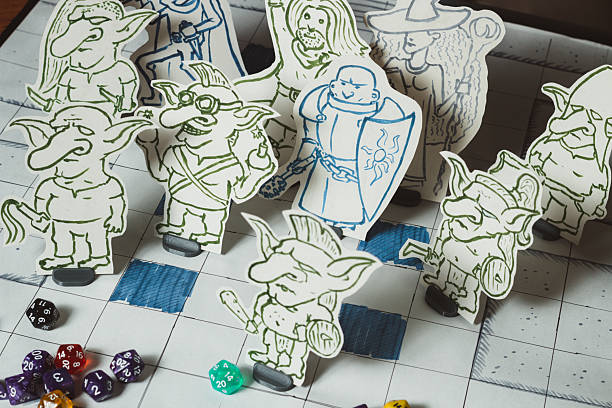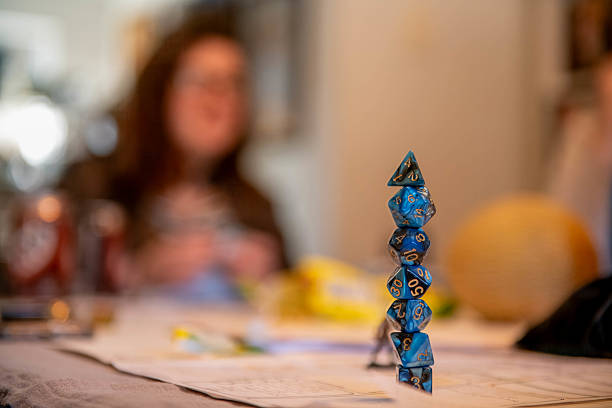
The world of roleplaying games (RPGs) has undergone a remarkable transformation since the launch of Dungeons & Dragons in the early 1970s. What began as a niche tabletop game for fantasy enthusiasts has now blossomed into a diverse and thriving industry, with countless game systems and settings catering to every imaginable genre and playstyle. The journey from the iconic dungeons of D&D to the highly varied RPGs of today reflects the evolving tastes of gamers, the growth of digital technology, and the shifting cultural landscape. Understanding this evolution not only highlights the history of RPGs but also provides insight into where the genre is headed.

When Dungeons & Dragons was first released, it introduced players to a new kind of game that combined elements of strategy, chance, and storytelling. The game relied on imagination and the collaborative effort of a group, with players assuming the roles of heroic adventurers in a fantasy world. The rules were initially simple but allowed for a tremendous amount of freedom, giving birth to a new kind of game where the outcome was never predetermined. This was a dramatic shift from board games and card games, where success was often based solely on luck or strategy. D&D created a space where players could forge their own narratives and live out epic stories of heroism, all while rolling dice and consulting rulebooks.
As the RPG genre began to grow, game systems and genres diversified. The 1980s and 1990s saw a boom in different types of RPGs, as game developers began experimenting with settings outside the traditional fantasy realm. Sci-fi RPGs, like Starfinder and Traveller, allowed players to explore the far reaches of space, while Vampire: The Masquerade and Call of Cthulhu introduced players to darker, more horror-driven narratives. These systems focused on intricate character development and psychological depth, offering a more mature and narrative-driven approach to roleplaying. The expansion of genres demonstrated the growing complexity and versatility of RPGs, with a broader range of themes and moods being explored.
The rise of digital technology in the late 1990s and early 2000s had a profound impact on the RPG landscape. While traditional tabletop games remained popular, the advent of online gaming and video RPGs introduced new possibilities for players to experience roleplaying in immersive, virtual worlds. Video games like The Elder Scrolls series and World of Warcraft allowed players to embark on adventures in massive, fully realized worlds, interacting with hundreds or even thousands of other players. These digital platforms gave rise to entirely new forms of collaborative storytelling, where the game master’s role was often automated, and the world evolved based on the actions of the players themselves.
As technology advanced, hybrid gaming experiences emerged, blending tabletop roleplaying with digital tools. Platforms like Roll20 and Fantasy Grounds have made it easier for players to connect remotely and engage in traditional RPGs with virtual maps, tokens, and dice rolls. These platforms allow GMs to run complex campaigns with a group spread across different locations, offering unprecedented flexibility. Furthermore, the introduction of apps and online communities has allowed for an expansion of the RPG community, breaking down barriers and fostering a global network of players. These hybrid tools have made it easier than ever for people to experience the joy of roleplaying, whether in-person or online.
The modern age of roleplaying games has also seen a shift towards inclusive storytelling. Today’s RPGs are more diverse and representative, offering settings and narratives that explore different cultures, identities, and social issues. Games like Blades in the Dark, Monster of the Week, and Powered by the Apocalypse focus on more inclusive and narrative-driven experiences, emphasizing player agency and collaborative storytelling over complex mechanics and combat rules. These games allow for richer, more diverse stories to unfold, where every player has an equal opportunity to shape the world around them. This shift has made RPGs more accessible to a wider audience and has helped to redefine what roleplaying can mean.